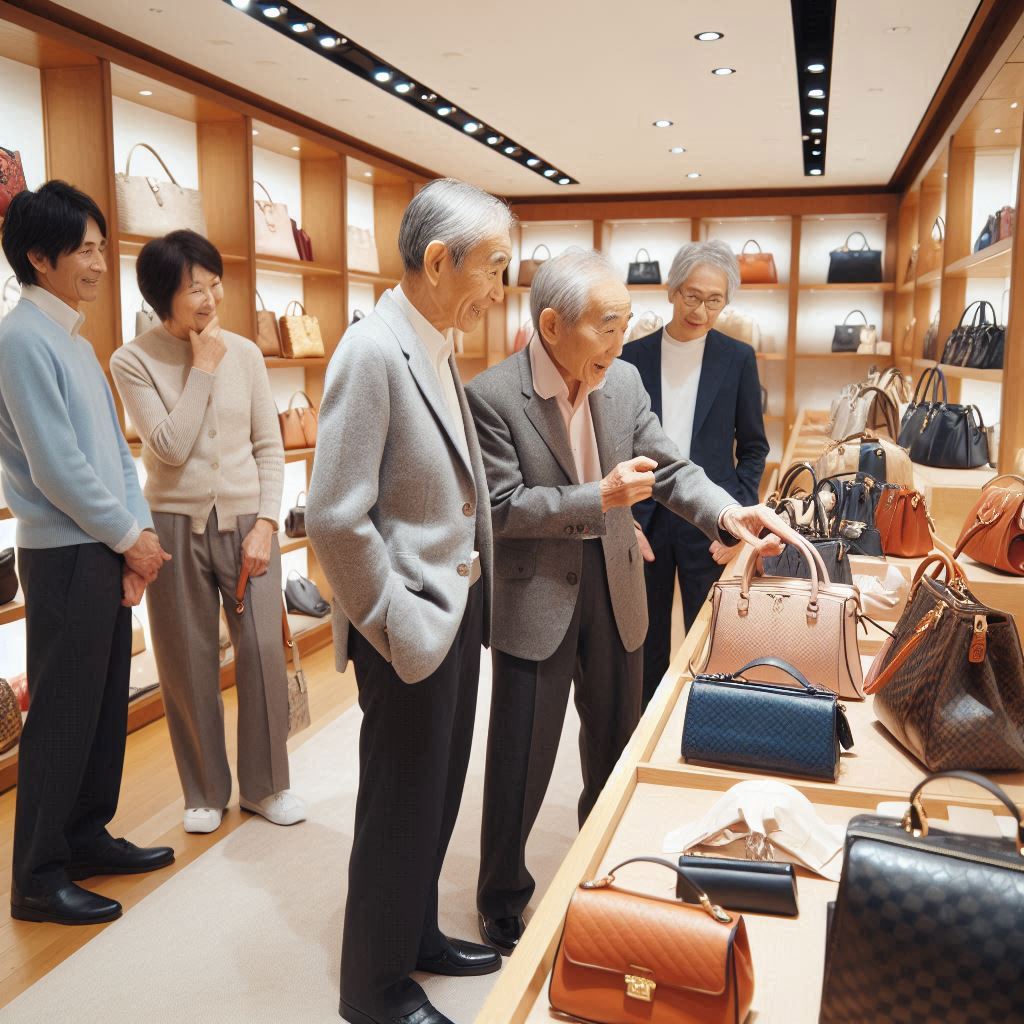日本特有的社會現象:援助交際
援助交際(えんじょこうさい,Enjo-kōsai)是日本特有的社會現象,指的是年輕女性,尤其是高中生,與年長男性進行經濟交易式的社交行為,其中有時伴隨著金錢換取陪伴、約會,甚至性交易的情況。援助交際最早出現於1990年代的日本,隨著經濟泡沫破裂後,社會階層分化、經濟壓力增加,成為一些年輕女性獲得奢侈品或零用錢的手段。
起源可以追溯到1990年代的日本,當時經濟泡沫破裂,整體經濟情勢低迷,年輕人面臨失業和收入不穩定的困境。同時,當時社會上追求物質主義和奢華生活方式的風潮也影響年輕人,特別是年輕女性。她們渴望擁有最新的時尚精品或享受高檔餐飲,但由於資金不足,部分女性選擇與年長的男性建立「交易式」的關係,以獲取經濟資助。這種行為逐漸發展為援助交際,並透過電話俱樂部、傳呼機(Pager)等科技工具擴散,成為社會關注的議題。
初期模式多數只涉及陪伴或約會,但隨著時間推移,一些案例逐漸涉及性交易。雖然並非所有援助交際都涉及性行為,但這種模糊的界限使得該現象在日本引起廣泛的道德爭議。
援助交際在日本社會中引發深遠的影響。一部分參與援助交際的年輕女性將其視為快速的賺錢手段,以滿足她們對奢侈品的需求,這反映出當時日本社會中物質主義的盛行。然而,這也造成許多年輕女性的心理壓力和道德困境,部分人甚至陷入難以擺脫的性交易漩渦,帶來身體和精神上的傷害。
從社會層面來看,這突顯性別不平等的問題。部分批評者指出,這種現象物化女性,將她們的身體作為經濟交易的工具,並強化男女權力的不對等。另一方面,這種行為的存在也使得日本社會對青少年的教育與保護產生嚴重的反思。一些學校和社會組織開始進行更深入的性教育與預防措施,以阻止這種現象的蔓延。
此外,這樣的社會問題引發法律上的討論。儘管援助交際本身不完全等同於性交易,但日本的未成年保護法律對其進行限制和管控。政府和警方也加強對相關活動的打擊,但由於其交易形式隱蔽,取締和預防的難度依然存在。
總體來說,援助交際作為一種經濟與社會現象,反映日本在經濟衰退後的社會變遷與物質主義風潮。儘管在表面上提供一些年輕女性獲取經濟資源的途徑,但其深層次的道德、心理和社會問題仍然對日本社會造成長期的負面影響,也凸顯女性的地位低落。
Enjo-kōsai (援助交際), or compensated dating, is a social phenomenon unique to Japan. It involves young women, especially high school students, engaging in transactional relationships with older men, where money is exchanged for companionship, dates, and sometimes sexual favors. Enjo-kōsai first emerged in Japan in the 1990s, following the collapse of the economic bubble. As economic pressure and social class divisions increased, some young women turned to compensated dating as a way to obtain luxury items or pocket money.
The origins of enjo-kōsai can be traced back to the 1990s when Japan’s economy was struggling after the bubble burst, leading to widespread economic uncertainty, unemployment, and unstable incomes among young people. Simultaneously, a materialistic culture and pursuit of a lavish lifestyle influenced the youth, particularly young women. Many sought the latest fashion items or high-end dining experiences but lacked the financial means to afford them. As a result, some opted for "transactional" relationships with older men in exchange for financial support. This behavior evolved into what is now known as enjo-kōsai and spread through tools like telephone clubs and pagers, becoming a topic of societal concern.
In its early stages, enjo-kōsai mostly involved companionship or dating, but over time, some instances began to include sexual transactions. Although not all cases of enjo-kōsai involve sexual activity, the ambiguous nature of these interactions has sparked widespread moral debate in Japan.
Enjo-kōsai has had a profound impact on Japanese society. For some young women, it became a quick way to earn money to satisfy their desires for luxury goods, reflecting the prevalence of materialism in Japan at the time. However, it also led to significant psychological stress and moral dilemmas for many participants, with some women finding themselves trapped in a cycle of sexual transactions, resulting in both physical and emotional harm.
From a societal perspective, enjo-kōsai highlights issues of gender inequality. Critics argue that this phenomenon commodifies women, turning their bodies into tools of economic exchange, and reinforces unequal power dynamics between men and women. On the other hand, its existence has prompted serious reflection within Japanese society regarding the education and protection of teenagers. In response, some schools and social organizations have intensified sex education efforts and implemented preventive measures to curb the spread of enjo-kōsai.
Additionally, this social issue has sparked legal discussions. While enjo-kōsai is not inherently equivalent to prostitution, Japan’s laws protecting minors have imposed restrictions and regulations on such activities. The government and police have strengthened their efforts to crack down on related behavior, but the clandestine nature of these transactions continues to make enforcement and prevention challenging.
Overall, enjo-kōsai, as an economic and social phenomenon, reflects the social shifts and materialistic trends in Japan following its economic downturn. While it may offer some young women a means to obtain financial resources, the deeper moral, psychological, and societal issues associated with it continue to have long-term negative effects on Japanese society, underscoring the low status of women in this context.



照片:DALLE3
- 1
- 2
- 3
- 4
